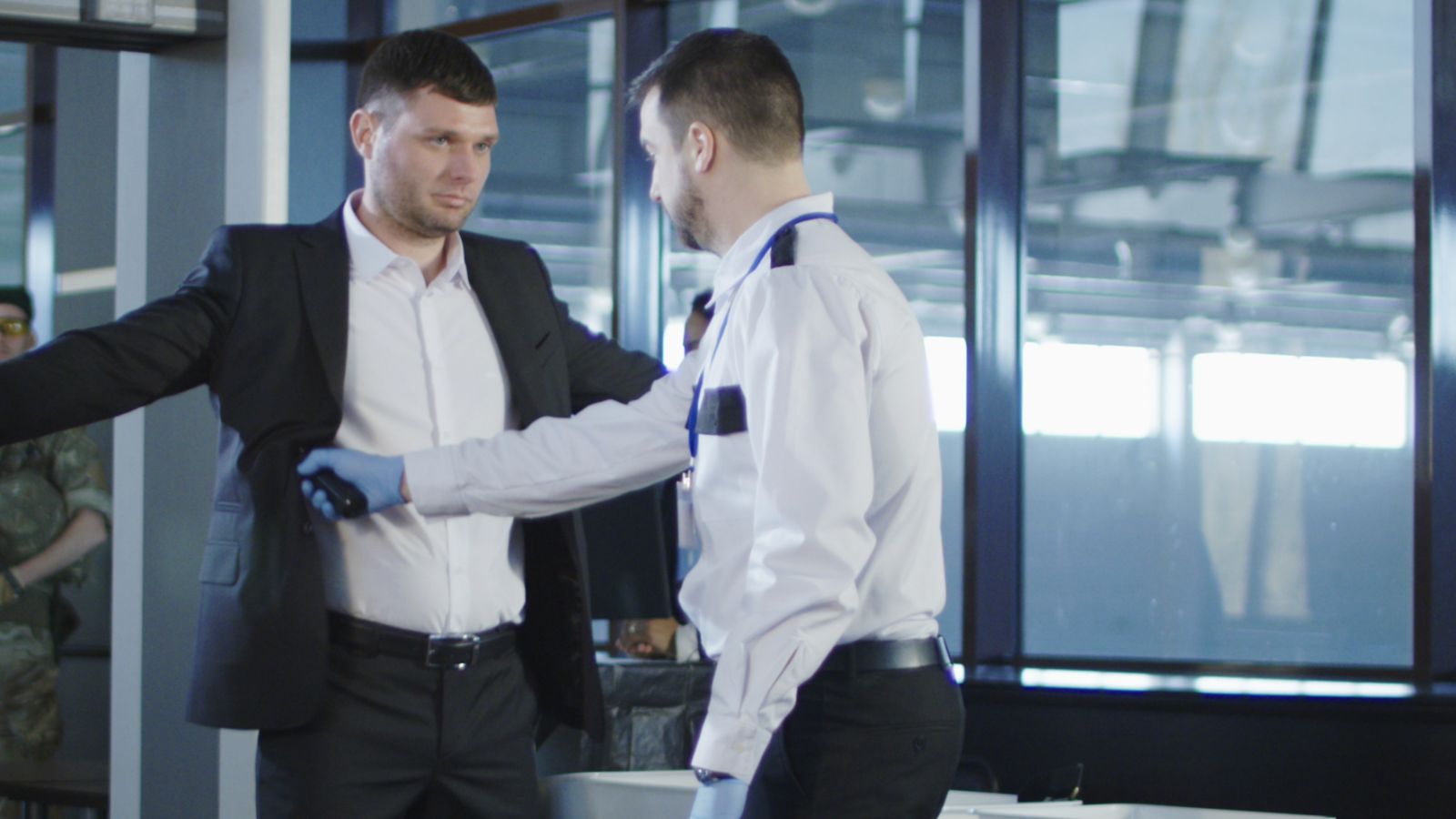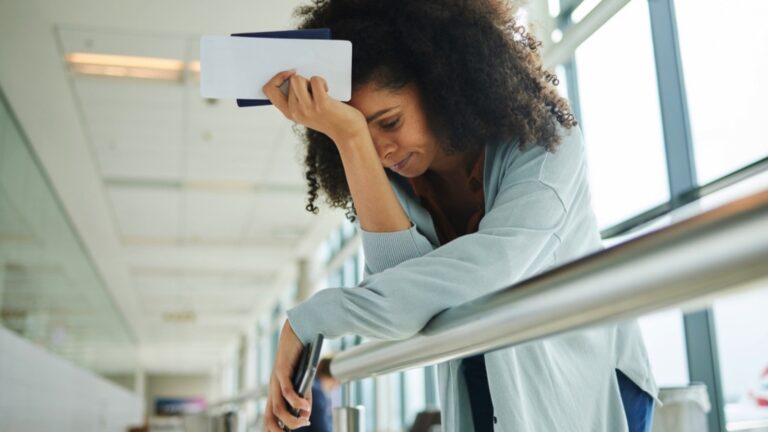Air travel has faced significant challenges in recent years, with many passengers noticing a decline in the overall experience. Factors like pandemic-related disruptions and cost-cutting measures by airlines have contributed to a less comfortable and more stressful journey for travelers. This article explores some of the key reasons why flying feels more inconvenient and frustrating than ever, offering insights into the current state of air travel.
Increasing Airfares

With a reduction in competition due to more and more airlines ceasing to operate, others have been able to increase their prices. Some airlines may even add on additional charges for luggage and seat selection. The cost of air travel has become so high that many now can’t afford it.
Decline in Customer Service

Aviation Pros writes, “From airlines canceling flights at the last minute to core products simply not being available in stores, the rapid decline in customer service is evident almost everywhere in society.” Many airlines also overbook and reduce their in-flight amenities. Not only this, but there’s also been a decrease in the response to customer complaints.
Security Hassles

Wait times to pass through security have become much longer as lines have become longer. Many security measures are also quite intrusive and can invade a passenger’s privacy. Also, limitations on liquids and personal items make it increasingly difficult for people to fly with only hand luggage.
Overcrowded Airports

As soon as a person enters an airport, they become part of long lines to check in. There’s insufficient seating once a person has gone through security, as airports are always overcrowded and it takes a significant amount of time to claim baggage. The long wait can make a visit to an airport a stressful time.
Flight Delays and Cancellations

There’s been an increase in the frequency of flight disruptions recently. Even though sometimes delays can’t be helped, there’s been a reduced level of communication from airlines about delays and cancellations, with little help for what a passenger should do next. Compensation also seems to be getting lower during these instances.
Lack of Transparency in Pricing

Airlines are known for constantly changing their ticket prices and having hidden fees. For example, Faster Capital writes, “Airlines often employ price discrimination by offering different ticket prices based on factors like time of booking, demand, and customer loyalty. This makes it challenging for consumers to determine the fair value of a flight ticket.”
Reduced Legroom and Seat Comfort

Seats constantly seem to be shrinking on airplanes, with the main factor being less legroom, which causes large amounts of discomfort, especially during long-haul flights. Trying to fit as many seats as possible into an aircraft can also cause cabins to feel overcrowded and claustrophobic.
Poor Cabin Environment

Aircraft will circulate air in the cabin, and this can lead to health concerns, with illnesses more likely to spread. There’s also inadequate temperature control, where a plane is often either too hot or too cold; it can never be just right. Sometimes noise levels can also affect the comfort of a passenger.
Challenges with Loyalty Programs

Almonds writes, “In airline loyalty programs, redemption options can be limited, and blackout dates and other restrictions often make it challenging to redeem rewards.” Trying to earn enough points for upgrade options can be incredibly difficult unless you’re a frequent flyer. Many programs are also complicated and have requirements.
Baggage Issues

Airlines have huge fees for adding baggage to a flight. Along with these high fees, there have also been many incidents where baggage has actually been lost. Even when passengers choose to just have a carry-on bag, they have restrictions on items that they can take with them.
Inadequate Infrastructure and Maintenance

Many airlines use aging aircraft, and these can face many technical issues. Airports also struggle to handle passengers at peak times during the year due to huge increases in the number of customers seen. Airlines need to invest more in technology and facilities to keep up with demand.
Impact on Health

Flying can have a huge impact on a person’s health. Being in an aircraft means that a person is exposed to germs, leaving a potential for illness. There’s also stress and anxiety that’s related to flying, and this can take a toll on a person’s mental and physical health.
The Impact of Airline Deregulation

The deregulation of airlines led to smaller seats and additional fees. This is supported by Harvard Law School, which writes, “For passengers, the list is long: smaller seats, additional fees for luggage or for picking your seat, delays, cancellations, and having to connect through [various cities.]”
Service Reductions in Small Cities

Regulations and pilot shortages meant that there were service cuts, especially in small city airports. Cities and regions have lost commercial air services due to these airports not attracting enough people. Local passengers would rely on these services, but they just haven’t been busy enough to keep going.
Environmental Concerns and Air Quality

Air travel is known as being one of the largest contributors to climate change. This can cause many people to not use air travel, which creates less of a need for the industry. Air travel can affect the quality of the air, and this pollution can lead to many health issues.
The COVID-19 Pandemic’s Blow to Air Travel

Channel News Asia writes that COVID-19 had a significant impact on air travel and especially affected huge international airports, such as Dubai and Singapore. There was a significant reduction in passenger numbers, and this caused airports to increase fixed costs as they were unsure of the future.
Limited Food and Beverage Options

There’s been a decline in the quality of meals served on flights, with many still needing to adapt to dietary preferences such as gluten and lactose intolerances. Time Magazine shared information from Oxford University professor Charles Spence, who said airplane food is “prepared in advance, so [it is] shelf-stable for a number of hours… Then it’s reheated in less than ideal conditions, which contributes to it not tasting great.”

